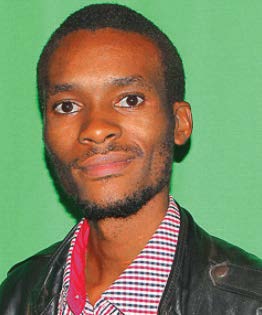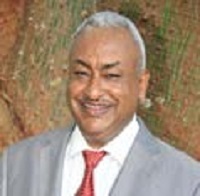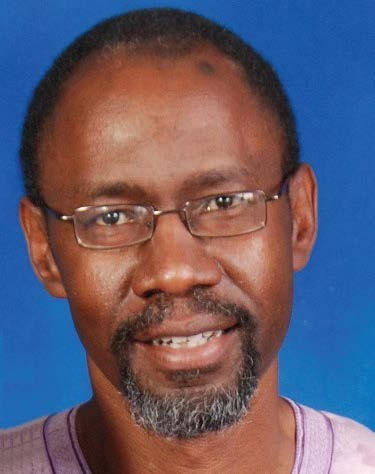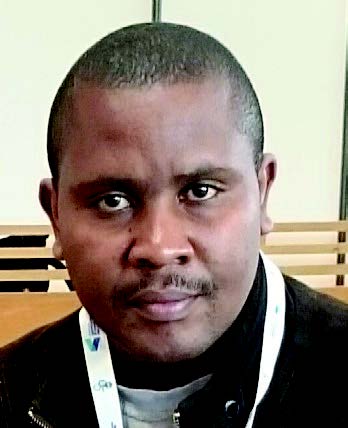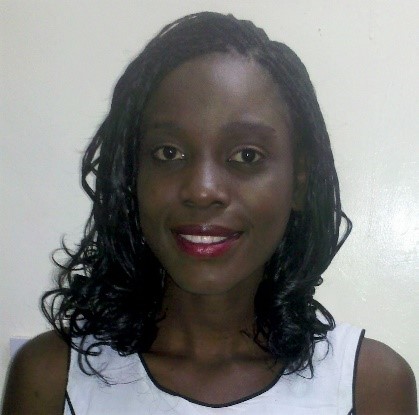This workshop is supported by GSK as part of our five-year partnership to enhance the capabilities of African scientists in modern analytical techniques. We will train more than 400 African scientists by the end of 2020, as well as training Local Trainers to train others, leaving a self-sustaining programme and a lasting legacy. These courses will take place in Ethiopia, Ghana, Kenya and Nigeria in 2020.
The Pan Africa Chemistry Network was set up by the Royal Society of Chemistry to advance the chemical sciences across Africa by building a self-sustaining science base. This expanded analytical science training programme will develop your practical analytical techniques to solve local challenges and contribute to global scientific knowledge.
Applications are invited for the above training course; we welcome applications from researchers, lecturers, technicians, MSc students and PhD students in the chemical sciences from Universities and research institutions across Africa.
The training course will cover the practical aspects of Gas Chromatography, method development, quantitative analysis and spectral interpretation of GC-MS. This course has been independently verified through peer review and formally approved by Royal Society of Chemistry to be of high quality and suitable for professional development of chemical scientists.
Applications
Places are limited to 15 delegates only. Application deadline 28 January 2020. Travel costs (including all travel, accommodation and food) will be covered. Preference will be given to scientists in the host country, but there will be a number of places available at each course for those traveling from elsewhere in Africa.Please note: For chemists in Ethiopia, Ghana, Kenya and Nigeria, you should only apply to attend the course in your home country, your application will not be considered for courses in other countries. For those in other countries, please apply to your closest option. For example, those from Tanzania should apply to Kenya, and those from Cameroon should apply to Ghana.
Also, delegates who have attended a previous PACN GC-MS course in Kenya, Ethiopia, Nigeria or Ghana are not eligible to attend again. This is a repeat of the course.
Selection Criteria
The participants will be selected based upon the information provided in your application, against the published selection criteria:- All participants should have a HND or BSc (or equivalent) in the chemical sciences, thus demonstrating suitable background knowledge
- Participants can be MSc students, PhD students, lecturers, researchers, professors or technical staff. A range of experience levels in each course is preferred.
- Demonstrable benefit to research or teaching in your home institution
- Strong relevance to your current or planned research or teaching area
- Potential impact upon the individual’s experience and career prospects
- Immediate application of the techniques learnt
- Access to equipment in your home country will be considered
- Benefit to home institution and the wider chemistry community in your country
- Complete the required online application form
- Upload a current CV (maximum length of 2 pages)
- Upload a letter of introduction and recommendation from one referee (for students only)
Please note – we receive high number of applications for these courses. So, please take your time to consider your answers to the questions in the form, as this will be the basis for your acceptance/rejection.
Enquiries may be sent to Dr Helen Driver, Royal Society of Chemistry (driverh@rsc.org) and Erick Awas, University of Nairobi (pacn@uonbi.ac.ke)





